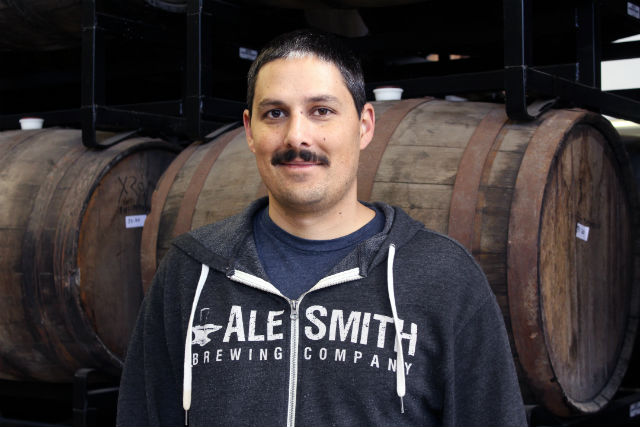
This is a part of a continuing series of Q&As with brewers from across the U.S. Brewer Magazine will share business and personal insights from Brewmasters, Head Brewers, Brewing Managers and others each Wednesday to help you, a fellow brewer, Brewmaster or brewing manager get to know each other better in the industry and learn more to better develop your own brand.
Ryan Crisp, Head Brewer/Director of Brewery Operations, AleSmith — San Diego
BREWER: What is a lesson learned within your position that sticks with you to this day?
CRISP: I’d say, in the fast-paced and hectic environment that is brewing, one of the most important things I try to remember is to have fun and remember my passion for what I do.
BREWER: Who is your mentor in the industry and why? What have you learned from them?
CRISP: I’ve learned from a lot of amazing brewers, but I will say Peter Zien, the owner of AleSmith. Peter has taught me a lot, including to always make the beer your priority and to never take yourself too seriously. At the end of the day, we’re all here to do what we love.
BREWER: What have you added to your brewery lately that’s unique or making your business more successful?
CRISP: We recently installed an inline carbonation unit (a Corosys CCS). This has made packaging much more efficient and reduced outgassing of volatile aromatics.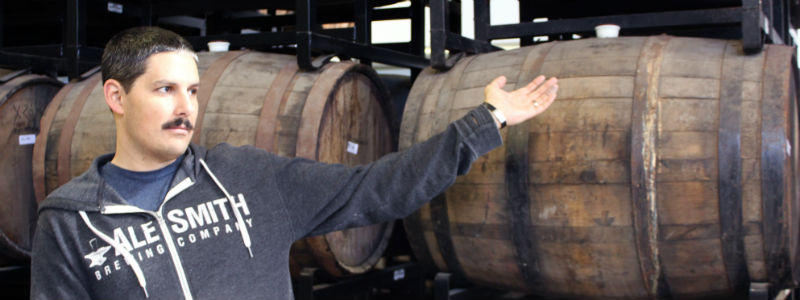
BREWER: In today’s business climate for craft beer, how will your brewery grow?
CRISP: Our strategy is simple: make delicious, interesting, world-class beer. We trust that the craft consumer’s increasing knowledge about beer will allow our product to stand out in a crowded market.
BREWER: What sort of innovations in craft beer excite you?
CRISP: I love seeing new styles and techniques, regardless of what they are. Anything that gets brewers and consumers excited about craft beer is a beautiful thing.
BREWER: If you had one strategy that you could implement to better the craft beer business, what would it be?
CRISP: I would like to see the brewing industry further embrace scientific advancement. There is huge potential in what we can learn about making beer but I think many craft breweries have yet to tap into that knowledge base.



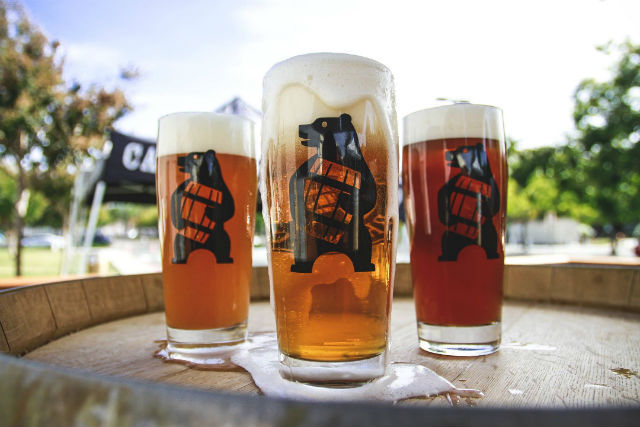
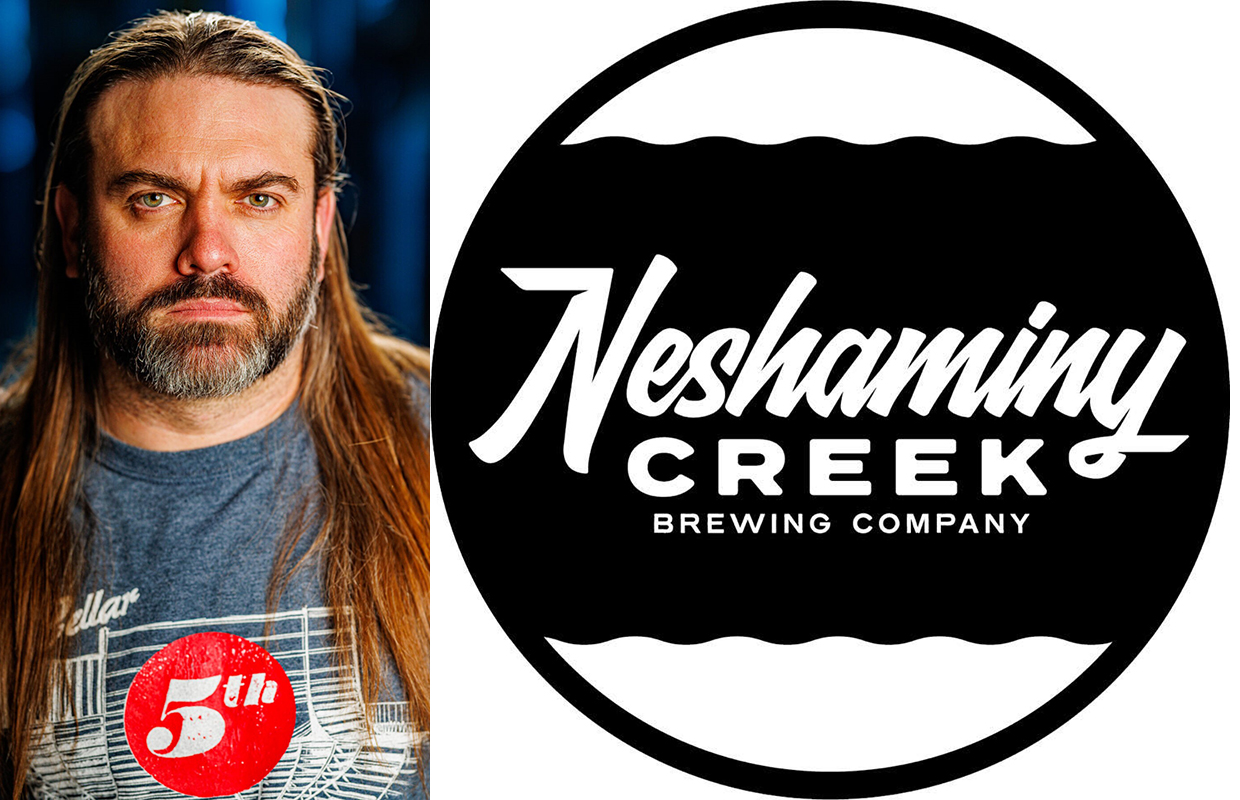
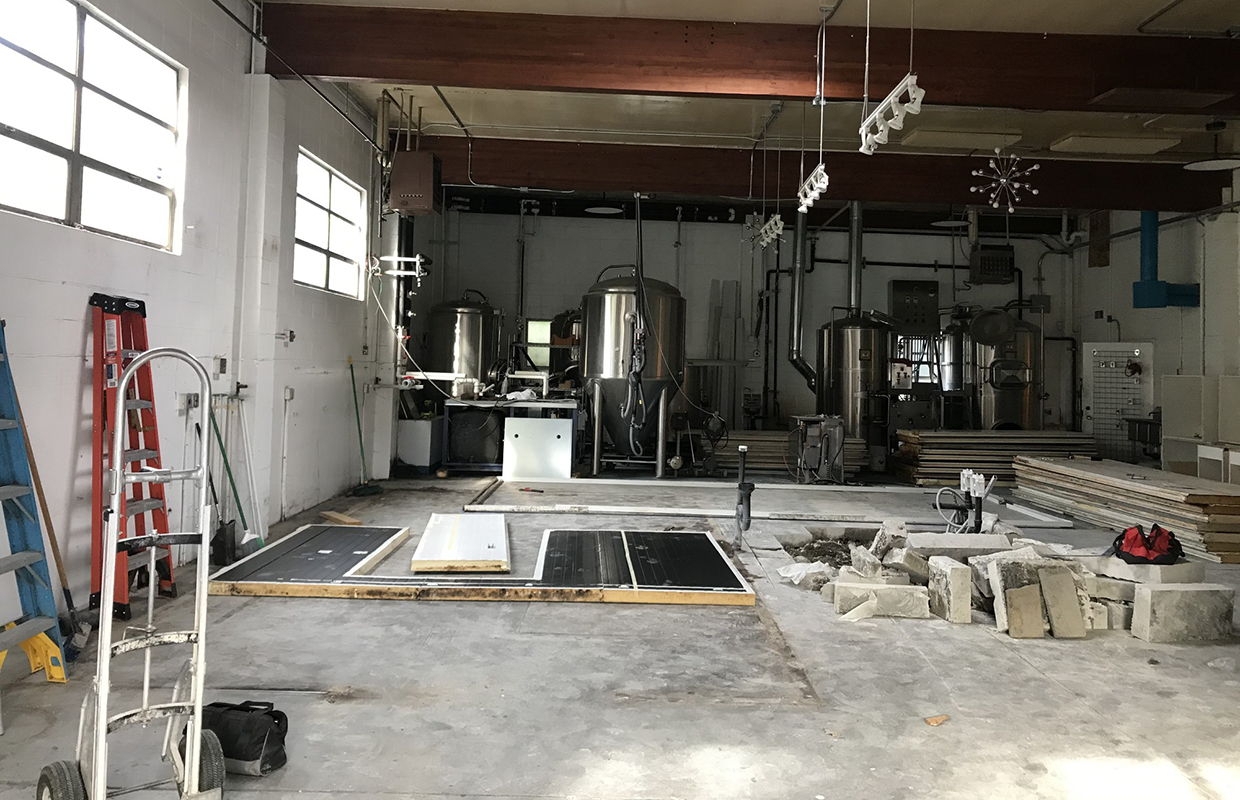
1 Trackback / Pingback